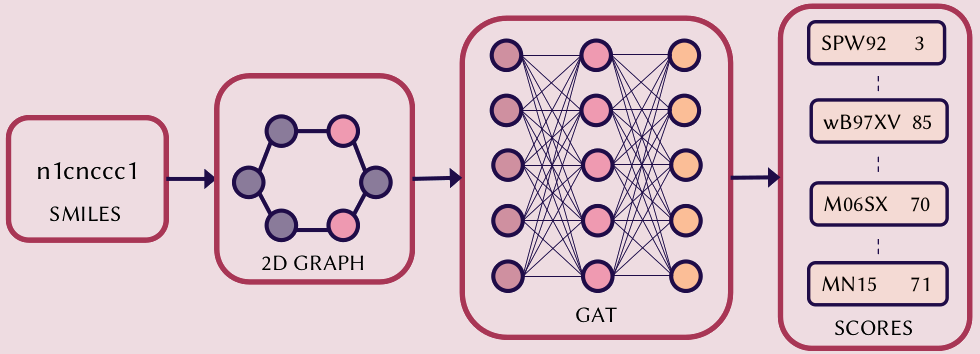Method development for simulations in complex environment

We develop modern computational strategies to simulate chemistry and biology in complex environments. A particular effort is focused on the simulation of photochemistry happening in solvent and biological environments via QM/MM approaches and enhanced sampling techniques. We develop our own tools and contribute to open source simulation packages.


